LECTURERS
Antonia Rotolo
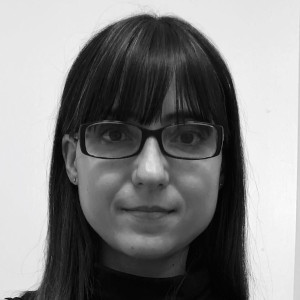
Assistant Professor, University of Pennsylvania Veterinary Cancer Center, Philadelphia, PA
Prof. Rotolo is a physician-scientist whose work concentrates on invariant Natural Killer T Cells (iNKTs) and their potential for adoptive cell therapy. Her work combines single-cell transcriptomics with both in vitro and in vivo models to dissect iNKT biology and mechanisms of function and develop novel iNKT-based immunotherapies. The goal of Dr. Rotolo’s research is to provide the foundation for clinical development of allogeneic iNKT therapies for cancer and transplant patients.
Bartosz Wojtaś
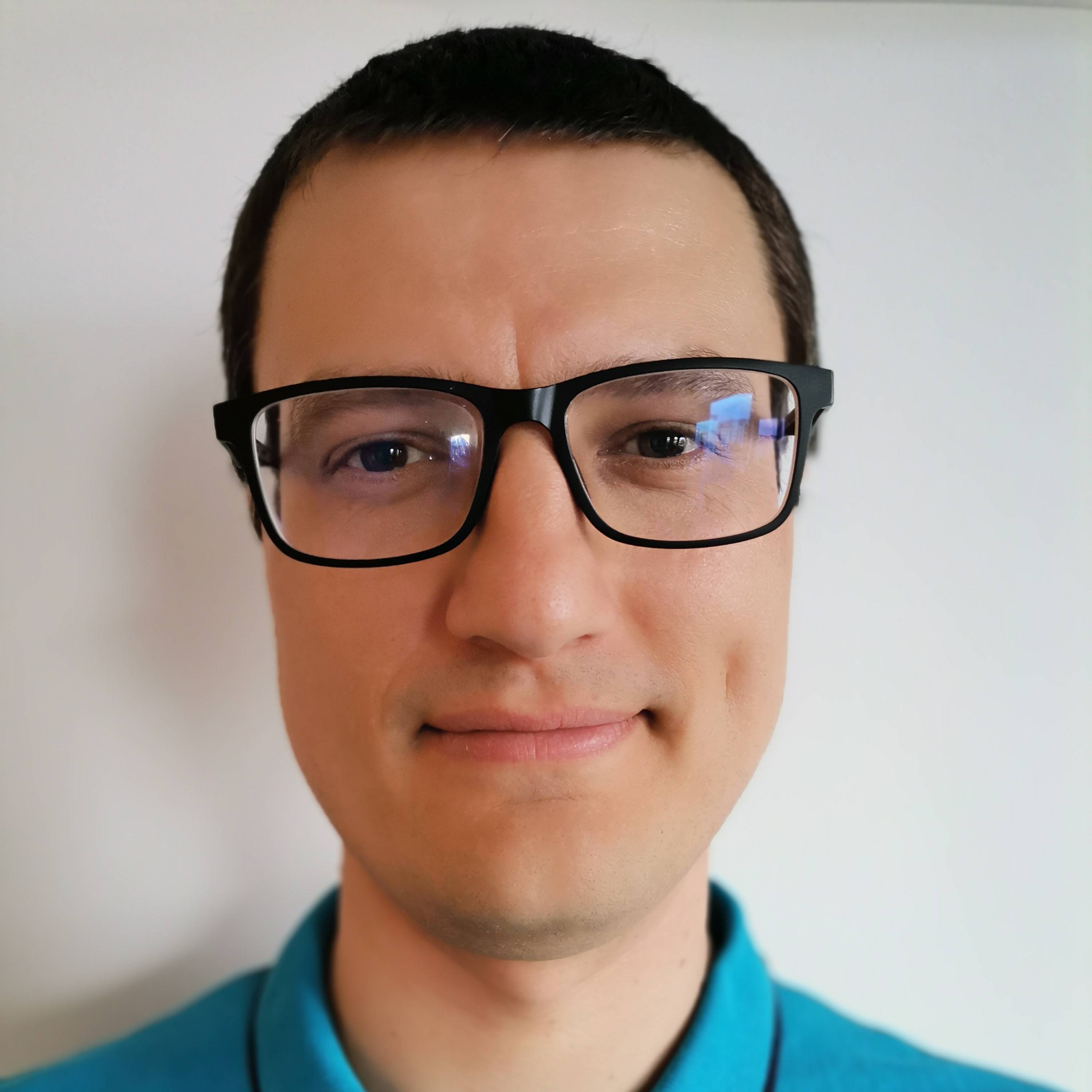
Assistant Professor, Head of Laboratory of Sequencing, Nencki Institute of Experimental Biology, Polish Academy of Sciences
Dr. Wojtaś is focused on transcriptomics, epigenomics and computational biology. He uses and builds analytical pipelines for next-generation sequencing data, including single-cell transcriptomic data. His main scientific interests are related with molecular oncology, especially with epigenomic bases of gene expression regulation in glioblastoma.
Ana Stojanovic
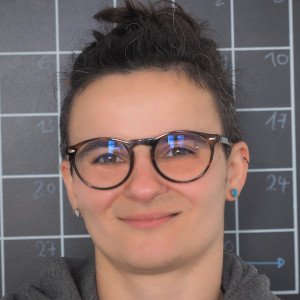
Senior Scientist, Department of Immunobiochemistry, Mannheim Institute for Innate Immunosciences (MI3), Medical Faculty Mannheim, Heidelberg University
Dr. Ana Stojanovic studies the impact of distinct tissue microenvironments in the regulation of innate lymphocyte responses in health and disease. Through use of immunological methods combined with omics, metabolomics, gene targeting, and in vivo models, she is dissecting how immune cells sense their microenvironment and how they adapt their responses in different organs by modulating gene expression and interaction with other cells in the tissues.
Denis Migliorini
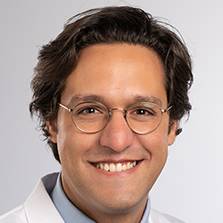
Assistant Professor, Department of Oncology, University of Geneva; Head Neuro oncology unit, University Hospital of Geneva
Prof. Migliorini holds a DAS in clinical trial management from the University of Geneva (UNIGE) and is principal investigator of several early phase trials testing various anti-tumor immunotherapy approaches, including peptide vaccines for the treatment of glioblastoma. From 2017 to 2019, he performed a post-doctoral fellowship at the Center for Cellular Immunotherapies, University of Pennsylvania, in the laboratories of Professor Carl June and Professor Avery D. Posey. He is trained in synthetic biology and T cell engineering. He is an attending physician, head of the Neuro-Oncology Unit and clinical coordinator of the brain tumor biobank. He is a member of the CRTOH (Translational Research Centre in Onco-Hematology) steering committee.
Diletta Dolfini
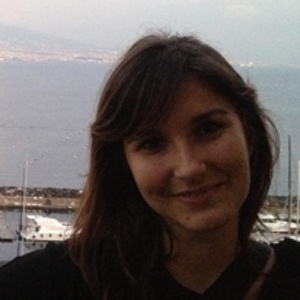
Associate Professor of Genetics, Department of Biosciences, University of Milan
Prof. Dolfini is focused on investigating the molecular mechanisms by which transcription factor isoforms regulate different expression programs in cancer cells. With the aim to better define the identity of cancer, she is involved in integration of computational analysis and genome editing techniques to understand the involvement of transcription factor isoforms in regulation of different transcriptional processes and cancer signatures.
Lenka Bešše
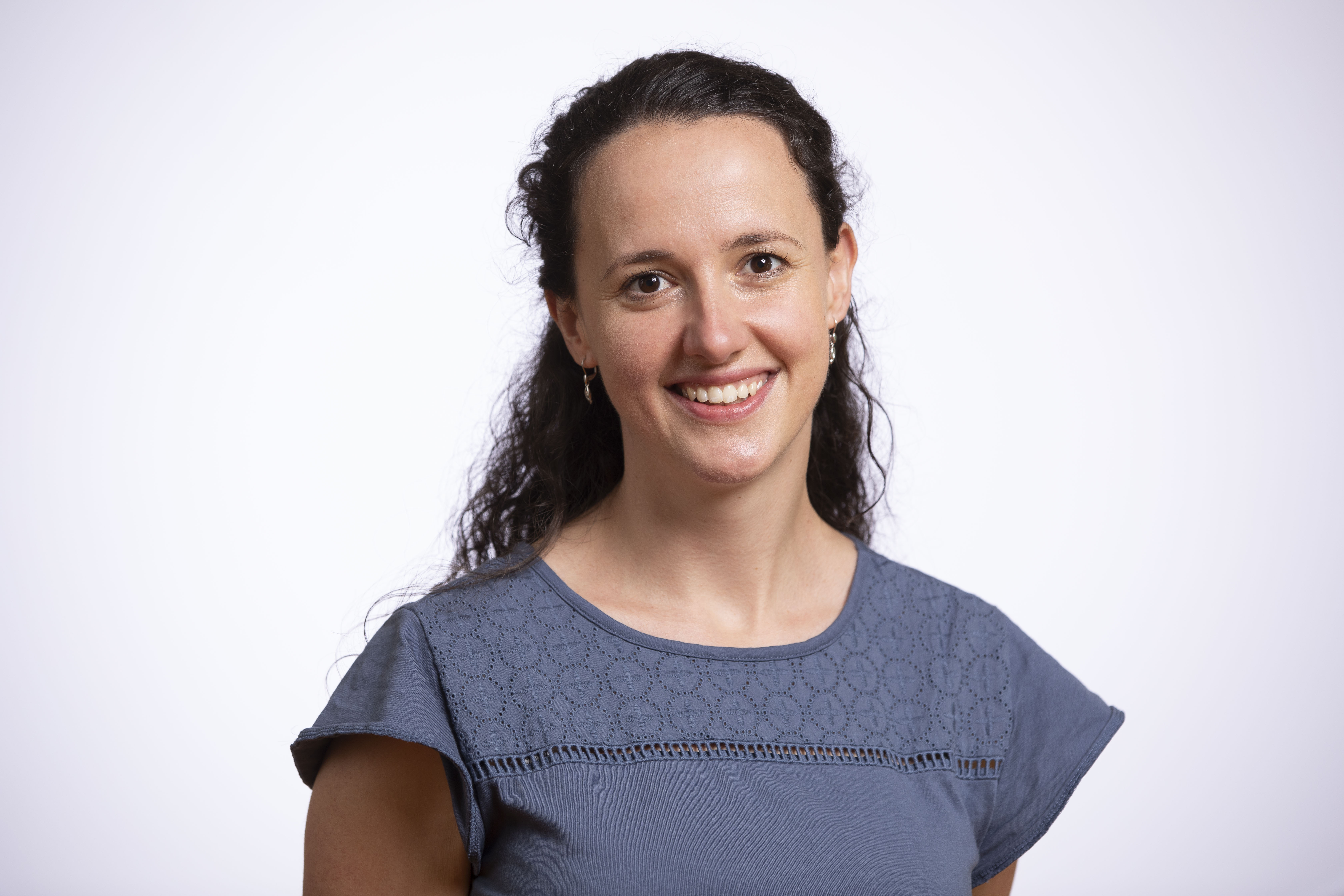
Junior Group Leader at the Department of Biology, Faculty of Medicine, Masaryk University in Brno & Researcher in the Laboratory of Experimental Oncology at Kantonsspital St. Gallen, Switzerland
Dr. Bešše is a molecular biologist who focuses on identifying cancer vulnerabilities and pathways related to protein homeostasis that may serve as novel therapeutic targets for either novel or old repurposed drugs. She combines functional genomics approaches with single-cell transcriptional analyses and cell biology assays in hematological malignancies and solid tumors.
Domenico Mavilio
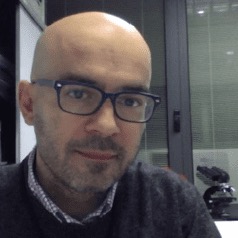
Professor at Department of Biomedical Technology and Translational Medicine (BIOMETRA), University of Milan University, Milano; Head of the Unit of Clinical and Experimental Immunology (Humanitas Research Hospital)
Prof. Mavilio focuses his clinical activities on immunological disorders and haematology malignancies, and leads several projects focused on translational medicine from the “bed-to bench” side that study the role of innate immune responses (unconventional T cell, NK cells, Dendritic Cells, etc) in the pathophysiology and therapies of autoimmune disorders, viral infections (HIV-1, HCMV), solid and haematologic cancers. he serves as councillor in Italian and American societies of immunology and cell biology. He is the co-founder of the Flow Cytometry academy at University of Milan, as he extensively use this technology in his studies of translational immunology.
Michal Kolář
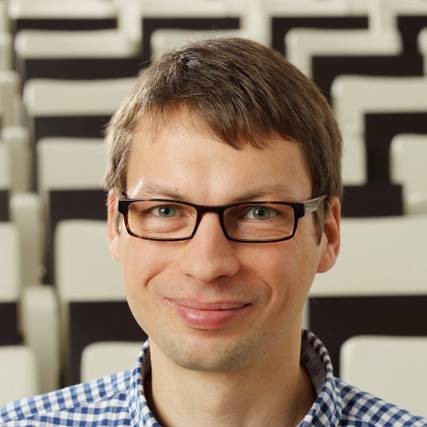
Group Leader of Laboratory of Genomics and Bioinformatics, Institute of Molecular Genetics of the Czech Academy of Sciences
Dr. Kolář specializes in cancer transcriptomics and the application of bioinformatic tools for basic biological research. His lab is dedicated to unraveling cellular communication in the tumour stroma, particularly focusing on cancer-associated fibroblasts. For this purpose, the team uses bulk and single-cell transcriptomic analyses, as well as spatially resolved transcriptomics, and develops dedicated bioinformatic pipelines. Additionally, Dr. Kolář’s laboratory serves as a core facility, making these advanced technologies accessible to the broader research community.
